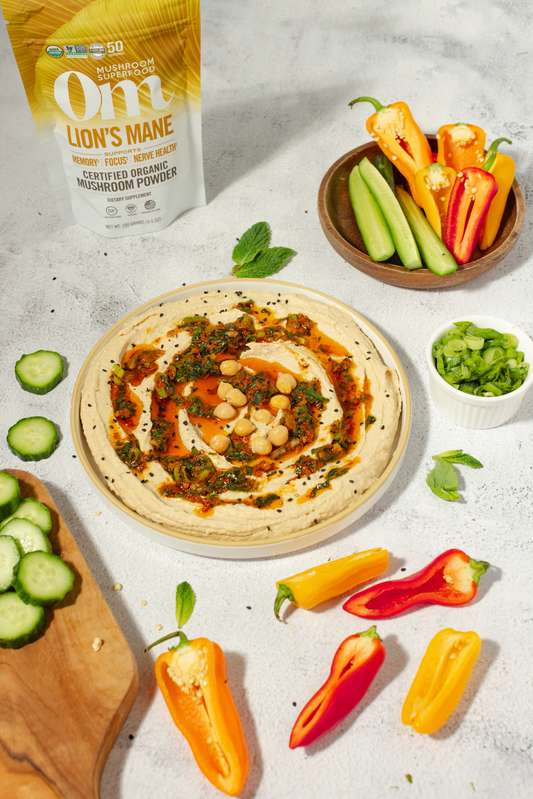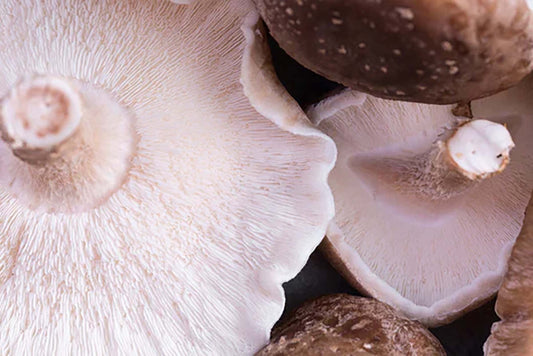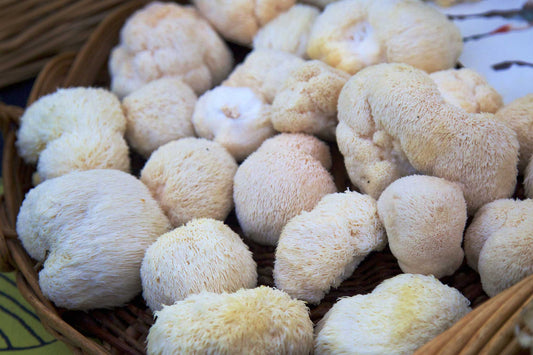As an athlete or regular exerciser, you need more calories than people who are sedentary: from 2,200 to 2,700 for women and 2,400 to 3,000 for men. Without fueling your body properly before and after working out and taking high-quality supplements, you’re likely to run low on energy and see your performance become stagnant. Keep reading for some science-backed strategies to help build an athlete meal plan that works to support you through your workouts.
Find Your Natural Rhythm
If you’re an athlete, you’re likely to find yourself wanting more food throughout the day than your non-athletic friends, but it’s important to listen to your body. Here are a few different ways you can structure your meals to help boost your performance and stay properly nourished even when you expend a lot of energy.
Try Intermittent Fasting
Research shows some beneficial effects of intermittent partial fasting — eating less than usual every other day — on athletic performance. Additionally, if you need to lose weight for training purposes, intermittent fasting may be one of the most effective ways to do that safely. Experts recommend that you alternate periods of intermittent energy restriction with periods of eating enough to maintain your weight. During restriction periods, you may also need to add supplements, such as high-quality organic superfood mushroom powders, into your athlete meal plan in order to support your energy levels and help you consume all the macronutrients you need.
Eat Smaller, More Frequent Meals
Eating less but more often (approximately every four hours) can keep your energy levels steady and help you avoid injury. Of course, you can’t always eat a home-cooked meal five or six times a day, so try bringing nutritious snacks with you when training. A Warrior Smoothie is a great way to get your nutrients and added boost of energy to help you train at your best. Try adding organic Om Mushroom Superfood Cordyceps powder or Om Mushroom Superfood Fit powder to a smoothie to support energy, stamina and endurance.
Carb-Load
If you’re an endurance athlete, you’ll need a lot of carbohydrates to keep you going while you run, swim or cycle. A carb-loading diet can start up to a week before you’re due to compete and involves increasing the amount of carb-rich foods you’re eating while reducing fatty foods and staying hydrated. Prepare a quick and easy — but nutrient-dense — avocado toast with healthy fats, vitamin A and vitamin K from ghee as well as the brain-health benefits of Lion’s Mane to support focus and agility, or kitchari: full of brown rice, split peas and hearty, warming spices such as cumin, fennel and black mustard seeds along with Chaga mushroom. Check with your doctor before carb-loading.
Get the Right Nutrients
Whether you’re restricting energy intake or trying to store as much energy as possible, it’s important to get the proper nutrition you need as an active person, as well as knowing when to eat which macronutrients. These three principles will help you make sure you’re on the right track:
- Know Your Carbs
Carbohydrates aren’t just for endurance athletes. They are essential for any kind of exercise. However, not all carbs are created equal, and you should try to get your carbs from whole food sources, such as potatoes. Both high-glycemic-index foods (e.g., white rice, white bread and regular pasta) and low-GI foods (e.g., whole-grain rice, whole-grain pasta and quinoa) have their place in an athlete’s meal plan. Researchers suggest prioritizing low-GI foods before your training or competition, medium- to high-GI foods during prolonged exercise and high-GI foods afterwards for faster recovery.
- Make Fat Your Friend
Healthy fats should make up roughly 30 percent of your daily caloric intake. To meet these requirements, integrate oily fish like salmon and mackerel, seeds like flax and walnut, and oils like olive and flaxseed oils into your diet.
- Go High-Protein
Performance athletes need about twice as much protein daily as non-athletes. Chicken, fish, eggs and milk are some of the best foods from which to get your protein. If you’re looking to build a vegan athlete meal plan, you’ll need to find alternate sources of protein to support your training and recovery. High-protein plant-based foods include pumpkin seeds, lentils, black beans, tofu and oats. If you’re looking for a dense nutritious snack to keep you going before a workout, grab a single serve sachet of Om’s Mighty Beef Bone Broth, or Mighty Veggie Miso Broth. Both tasty broths offer the combined health benefits of clean, organic protein and whole food organic Shiitake, Lion’s Mane and Reishi mushrooms.
Integrate Supplements Into Your Meal Plan
Whether you don’t have time to plan enough meals and snacks to get the right nutrients for your training program or you can’t get enough of certain nutrients because of a dietary restriction, you may want to add supplements to your daily diet. The supplements you choose will depend on your individual needs, and you might need to consult a doctor or nutritionist to determine which ones would most benefit your training and recovery. Om Mushroom Superfood carries a range of supplements in capsule, powder and drink stick forms to support you in energizing before your workout and restoring your body afterwards. That means they fit into your busy schedule no matter what, so meal planning becomes a piece of cake.
Iris Goldsztajn is a London-based writer and editor with six years of experience creating content for various outlets. Her work has appeared in Cosmopolitan, InStyle, POPSUGAR, Her Campus, ProTravel and more.
References:
- https://www.uwhealth.org/health-wellness/eating-for-peak-performance/45232
- https://jissn.biomedcentral.com/articles/10.1186/s12970-018-0214-2#Bib1
- https://www.ncbi.nlm.nih.gov/pmc/articles/PMC6359485/
- https://www.ncbi.nlm.nih.gov/pubmed/11145214
- https://healthcare.utah.edu/healthfeed/postings/2016/08/olympian_diet.php
- https://health.clevelandclinic.org/how-small-frequent-meals-can-help-athletes-keep-energy-high/
- https://www.mayoclinic.org/healthy-lifestyle/nutrition-and-healthy-eating/in-depth/carbohydrate-loading/art-20048518?reDate=21022020
- https://www.ncbi.nlm.nih.gov/pmc/articles/PMC5794245/
- https://macalester_ftp.sidearmsports.com/custompages/Deno_Videos/nutrition/glycemic_index.pdf
- https://www.ncbi.nlm.nih.gov/pmc/articles/PMC3562955/
- https://link.springer.com/article/10.1186/1550-2783-7-7
- https://www.ncbi.nlm.nih.gov/pmc/articles/PMC5598028/













